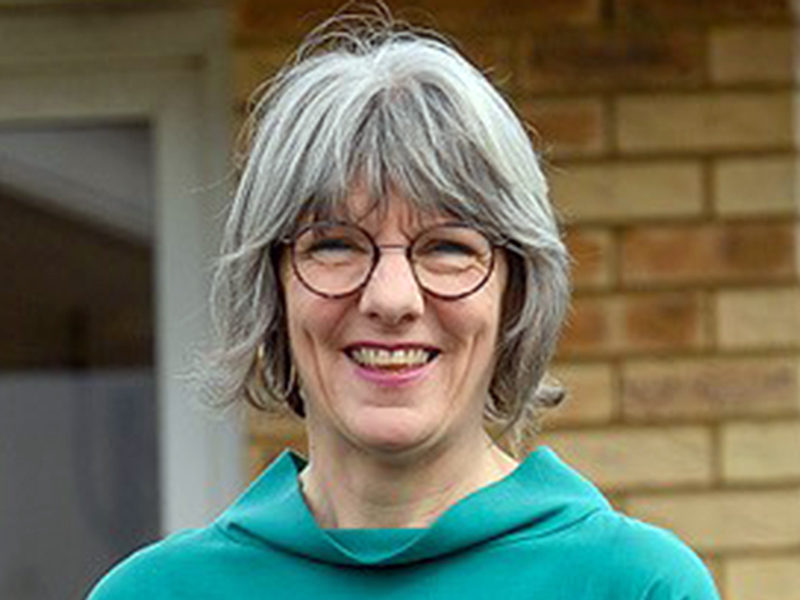Lorna Cameron says accessible housing is a human right denied to thousands of Scots with disabilities
Sometimes it takes a crisis to develop new solutions to intractable challenges. Right now in Scotland we have not one but several crises - a national housing emergency coupled with social care and health services under severe strain, with ever-growing waiting lists.
We urgently need fresh thinking if we are to find a way forward and create a better, more sustainable and equitable future in which our housing stock and our health and care services are fit for purpose.
The longer we delay in devising joined-up solutions, the worse these issues will become. As our population ages, the need for accessible homes and housing adaptations and social care support will grow. By 2033 there will be a 50% increase in people aged 60 and over and we will also face significant challenges from forecasts of a sharp rise in dementia cases.
An important starting point is for leaders and legislators to acknowledge the inextricable links between a chronic shortage of accessible housing, soaring costs of delayed hospital discharges and the injustice of thousands of disabled people in Scotland being denied the basic human right of a safe and suitable home.
That is why we are holding the Housing and Social Care Accessibility Summit next month at the V&A in Dundee to bring together a cross-section of leaders with extensive experience spanning finance, social housing, local and national government, health and social care, and design and construction as well as experts in disability rights and the needs of older people.
Intelligent solutions to some pressing issues already exist, including cost-effective adaptations that can make people’s homes safer to live in, minimising the risk of falls and hospital admissions. Given Scotland has racked up a bill of £1.2 billion over the last decade due to delayed hospital discharges, it surely makes sense to take a preventive approach which could help reduce health and social care costs.
We also need to look at ways to encourage builders to create more homes with wider hallways and doors and level access that can adapt as people’s needs change over a lifetime. Everyone can benefit from accessible design, from parents struggling with twin buggies to people caring for frail older relatives.
Innovation is happening - but slowly and in a piecemeal fashion. We need to showcase best practice such as the dementia-friendly housing development recently built in Alloa by Campion Homes for Kingdom Housing. It is the kind of thoughtfully designed development that enables people to live independent lives for as long as possible.
It is clear that we need more effective partnerships on everything from planning to design and funding to make a difference on a national scale.
A common myth is that accessible housing is a minority issue and that is one reason it remains a hidden crisis. Statistics tell a different story: one-fifth of the Scottish population define themselves as disabled - that is one million people.
Among wheelchair users alone, at the last count more than 17,000 people had unmet housing needs and that is just the tip of the iceberg. More than 60,000 disabled people cannot use stairs in their homes and 30,000 struggle to use their bathroom or toilet.
In a civilised modern society that is shameful and is a denial of basic human rights.
We need to come together and collaborate on solutions as a matter of urgency. As Helen Keller, the deaf and blind disability rights pioneer, said: “alone we can do so little; together we can do so much."
Lorna Cameron is chief executive of Horizon Housing Association, part of the Link Group of companies.







